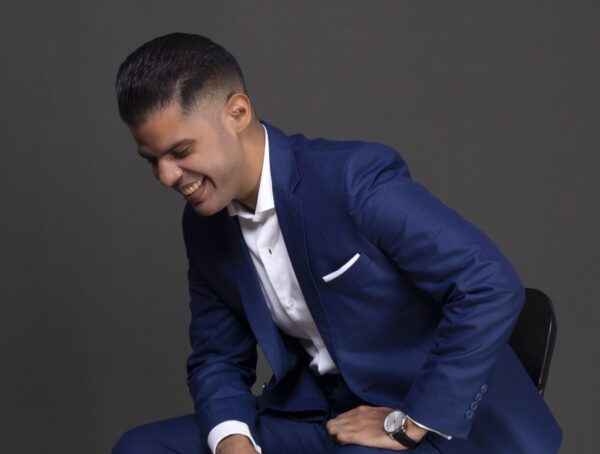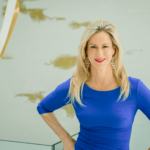Founder@ Interview
Interview with Nik Froehlich
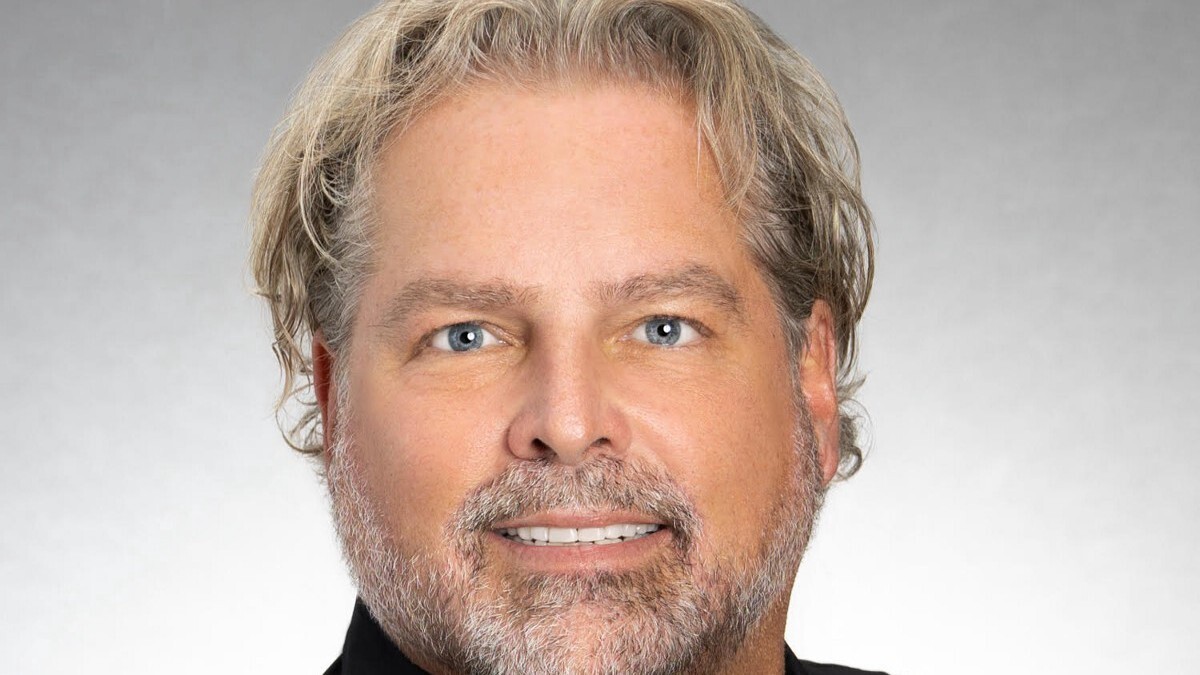
“Embrace any naivety you may have, and view it as an advantage. Start young, while you are naive, have room to fail, and don’t have too many obligations.” – Nik Froehlich
Today we feature Nik Froehlich, the founder at Saritasa. We hear their story in their own words, their successes, their challenges and their insights.
Let’s start by getting to know you. Can you please tell us a little bit about you and what you do?
I’m Nik Froehlich, the founder and CEO of Saritasa. I’m also a husband, father of four (five if you count our dog), traveler, sailor, and technology enthusiast. I was drawn to technology the moment I first got access to an Apple IIe in a high school technology class. Saritasa was born from that appreciation of technology.
I am not actually that technical, meaning, I am not a programmer or developer. I am primarily an entrepreneur/businessman that understands the value of technology, and how businesses can benefit from innovations in technology.
Today I focus my efforts on operating Saritasa – a technology development & consulting firm. That entails finding and retaining exceptional talent to serve our business clients.
A great introduction and start to this interview. Can you please tell us, how did you start, from what age, and what made you decide to change direction and start?
From my father, I learned that I had two options in life: to work for myself or work for someone else. He was a German immigrant who built a business and life for himself and his family from the ground up in a new country. He instilled in me a solid work ethic and a determination to build something for myself.
I started my first company in my early twenties. I dropped out of college because I didn’t feel like I was learning enough. At that same time, I identified a need: the sidewalks in my community were uneven, creating trip and fall hazards. The solution was utilizing an inexpensive machine called a scarifier that could “grind down” the raised concrete edge – eliminating the trip hazard – without costly concrete replacement. So, with a small loan from my dad, I bought a scarifier and walked door to door, offering to grind down trip hazards. This was back in 1987. That was the start of a business that eventually grew into a national business with locations across the US.
That business helped me realize the power of technology. I created a database on the original “Macintosh” computer and a CRM to help manage our internal processes, and that helped us grow to over 20 branches in 9 states across the US. While that may sound normal now, it was unheard of at the time. There was no internet or email.
Over time, friends and other business owners turned to me for help with implementing technology into their own businesses. From 2000 to 2005, I acted as a freelance consultant in addition to my sidewalk services company.
Then, in 2005, I sold the concrete grinding company and dove full-time into a technology consulting and development firm. That was the start of Saritasa.
Thank you for that insight. So can you tell us…What does your business do and where is your company based?
Saritasa is a software development and consulting company. Our clients typically come to us with a problem, and we solve it with technology. Our services include; web and mobile app development, front and back end development, custom software development, virtual and augmented reality development, and DevOps.
The term “based” seems antiquated in today’s world of high-speed video communications & meetings, and remote working opportunities. We have people, and various sizes and forms of offices in several states in the US, including California, Illinois, New York, New Jersey, Florida, Texas and Washington. That said, our largest office and official headquarters is in Newport Beach, California.
Our clients are spread across many US states, with several international clients based abroad.
What’s the story behind your success? What led to your aha moment? how did you get to where you are now?
I’ve come to realize the answer to that question far into my life and career. A large part is based on my naivety, and the other on self-confidence. I had a mixture of both that was a recipe for success.
The self-confidence came, I suppose, from my parents and the way they raised me. Probably not one particular lesson or thing, but a general upbringing. It takes a certain amount of self-confidence to move away from your country and your family to a strange new country with no job, not speaking the language, and not understanding the culture. Their self-confidence must have flowed to me during my first 20 years on life living with them.
Not sure where the naivety came from. Perhaps is a symptom of a touch of attention deficit disorder (ADD). The best I can explain it is similiar to horse blinkers (sometimes known as blinders), which are a piece of horse tack that prevent the horse seeing to the rear and, in some cases, to the side. Horses commonly wear blinkers to keep them from being distracted or spooked, especially on crowded city streets. Well, my naivety allowed me to just go forward, focus on what I had to do next, without distractions that could overwhelm me, or confuse me, or stop me, such as ideas like: “what if I don’t get enough clients”, or “how do I get insurance”, or “how do I set up a legal business entity”, etc. I just kept going forward, and dealing with each new challenge as I came to them.
For example, I remember walking into a property management company trying to get some work for sidewalk grinding, and they asked me if I had liability insurance. I had never heard of that before, so I had to go out and find out what it was and where I could get some of it (keep in mind, there was no internet back then). After a few calls to ads in the Yellow Pages, and some conversations with some agents, I figured out what it was, and how to get it.
Today, I am not as naive, and I understand all the various risks and challenges and all the things I actually don’t know. I probably wouldn’t be able to start up from scratch as easily today as I could long ago.
For Saritasa, there was no “aha” moment. If anything, it was a natural evolution from using technology in my first business to helping others use technology in theirs. I also surrounded myself with people smarter than me. Despite running a tech company, I am not a programmer or technical myself. I saw the vision, found the right people, and worked hard.
Thank you for sharing that. What’s been your life’s biggest lesson so far?
A sustainable business needs a high-cost of entry to be sustainable, otherwise, it becomes a commodity, which in itself, is a completely different business model. What does that mean?
With my concrete grinding company, I found a solution to a problem, and a high demand, with no competition. That is a best case scenario for a start up. Equipment costs are low, easy to train, cheap labor. But that will catch up to you eventually. Anyone that “figures it out” can buy the equipment, and compete with you at lower prices. There is no “value add” that I could have offered my clients to keep my prices. Eventually, there is unlimited competition that can wipe out any margins, and eventually, wreck the company.
With concrete grinding, I charged a price that could allow me to pay high wages, good benefits. But eventually, with competition, the business was not sustainable.
With technology consulting, the cost of entry is very high. Sure you can build “websites” inexpensively. But to provide valued consulting services, and extremely complex solutions for businesses, you need experienced, talented resources…and a lot of them, working as a team. That takes many years, and many projects to achieve. No one can simply “buy” their way into competing with Saritasa. Investing in talent, success in projects, impressive portfolio can turn a business into a legacy that continues to improve.
I don’t believe in regrets. Are there areas I could have done better? Perhaps, but I think I have learned through mistakes, and it made me better than before the mistake
If you were to go back in time, what piece of advice would you give to your younger self?
Honestly, I do not know if I would advise my younger self given the opportunity. I gave it my all, any mistakes were lessons I learned from, and my naivety helped me move forward.
I don’t believe in regrets. Are there areas I could have done better? Perhaps, but I think I have learned through my mistakes, and they made me better than before the mistakes.
I’m happy with where I am and wouldn’t want to change it.
We’re nearly halfway through our interview so it’s a great time to ask how does your business run. What three tools make your business run better?
Our Internal Workflow System, Video Conferencing, and Instant Messaging.
Central to our business workflow is our Internal Workflow System. It is this system that contains all the information about our projects and the progress of those projects, including job tracking, resource allocations, job sheets, billing, task flow, etc. While there are many generic systems in the marketplace for various industries, we built ours to meet our very specific needs and workflows. The system gives us granular metrics on utilization, and capacity across all departments and resources, including forecasting.
Interestingly, much of our work for our clients is designing and building them their own custom workflow systems for their businesses.
In the age of remote work, Video Conferencing is a necessity. We have employees and clients all over the world. Video Conferencing is the only option to keep communication flowing and projects going. Prior to COVID and the concept of remote work and remote clients, everything we did was local: employees worked in our offices, and clients came to visit us in our offices.
Lastly, for quick communication and company-wide updates, Instant Messaging is an essential tool. Emails have their place, but isn’t always effective for quick question or immediate conversations.
What do you know now that you wished you had known before?
Based on my work ethic, I was always the first into the office, and the last one out. I would evaluate the value of people based on this work ethic. I didn’t understand, or even believe, that one could be as productive, let alone more productive, with a remote / life-balance work environment. COVID forced the issue. I found that some people, are happier and more productive not being forced to come into an office. I found that some people need an office environment, with other people, to be happy and productive.
Remote work can work, and allow you to keep valued assets on your team.
I am a hybrid. I like a bit of both!!
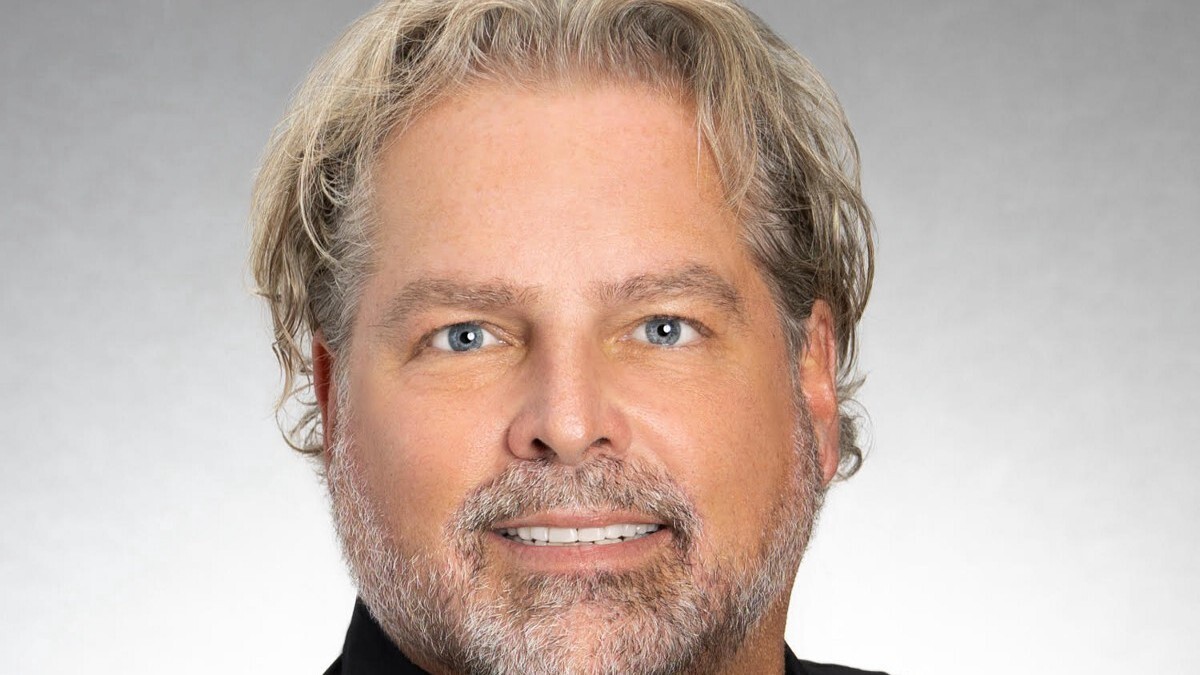
What has been your greatest or proudest achievement or moment?
I am assuming the question is related to business, and not personal moments, like having children, buying my first house, etc.
These types of questions (best, greatest, proudest, etc) are very hard for me to answer. I get caught up in a never-ending cycle of debate in my head, until I eventually lose interest in the topic and don’t want to answer it anymore (my ADD kicking in I guess). That said, I’m not saying any of these are my “greatest” or “proudest”, but they do stick out in my mind as pretty cool:
Signing our first major lease (10,000 square feet) to our new Newport Beach office, that was remodelled to our specifications, and made us look “legitimate”. Like “we made it”!
Establishing our New York office, in downtown Manhattan.
The various end-of-year company-wide holiday parties with employees and their partners. Celebrating our successes.
Getting first place in my class (after 12 previous attempts) in the annual Newport to Ensenada, Mexico International Yacht Race. (oh, wait, that was personal, but it came to mind)
What future life goals do you want to achieve and why?
Establish a leadership team that can take Saritasa to the next level, and can continue to do so even after I leave the company. Why? For them of course, and to allow me to enjoy the latter part of my life “smelling the roses” (ie: sailing the Caribbean, enjoying grandchildren, exotic vacation destinations, etc) and not worry about the health and viability of the company that I started.
To finish our inspire questions…”We believe that sharing inspiring words can inspire others.” If there was one positive thing you would say to someone to inspire and empower them what would it be and why?
Embrace any naivety you may have, and view it as an advantage. Start young, while you are naive, have room to fail, and don’t have too many obligations.
“Thank you it has been great learning more about your founder story and Saritasa”
To learn more about Saritasa Visit https://www.saritasa.com/
Inspired by this story? Please share this story and other founder stories.
For more inspiring founders stories check out Founder Stories.
Have an inspiring founder story?
Every entrepreneur’s journey is unique and powerful.
Your story of perseverance and success could be the spark that ignites the next generation of world-changing ideas. By sharing your experiences, you’re not just telling a story – you’re lighting a path for others to follow, dream, and achieve.
Disclaimer:
The views, thoughts, information, and opinions expressed in the text, videos, images belong solely to those of the individuals involved, and do not necessarily represent those of Founderat.com and its corporate owners, employees, organization, committee, or other group or individuals.

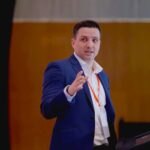



![[Company Name]'s Founder Stories](/wp-content/uploads/2024/10/Fonuder@-Partners-01a-150x150.png)





